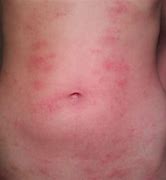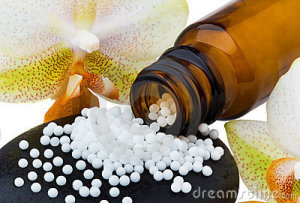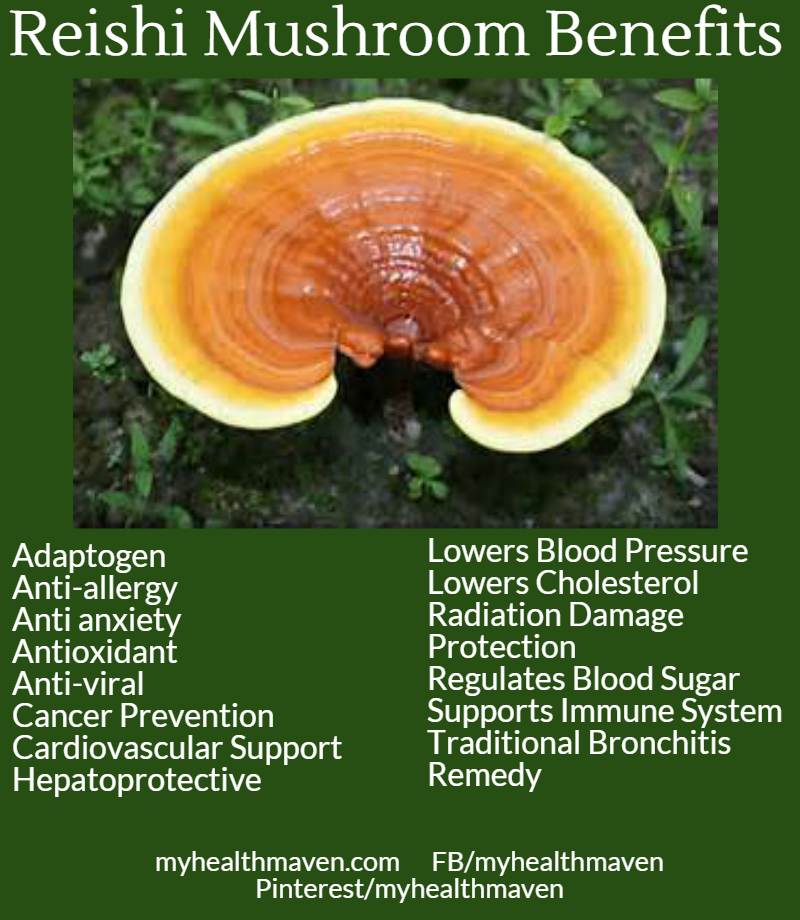
This is a common non contagious skin condition that affects more than 31 million people. Eczema is a skin condition that causes areas of itchy, dry patchy skin. Coming into contact with an allergen or irritant can cause eczema symptoms to flare up.
What is eczema?
It is a type of dermatitis, a condition that can cause skin inflammation. Eczema can cause skin to become itchy, bumpy and dry. This can also weaken the function of the skin barrier, which is to protect your body from outside elements, as well as retaining moisture.
There are several types of eczema
Each variety can have different triggers and different symptoms. It is also possible to have more than one type of eczema.
Atopic-This variation causes itchy rashes and skin discoloration. It usually begins during childhood years and can continue through adulthood. Traditional treatment options involve, antihistamines, prescription medicine and corticosteroids cream.
Atopy means a genetic tendency to develop allergic illness. Asthma and hay fever are commonly reported in addition to eczema in individuals with atopic dermatitis.
Contact-Contact dermatitis develops when the skin comes in contact with something that irritated the skin or is something you are allergic to. This type of rash can be very uncomfortable due to swelling and incessant itching.
There are two types of contact dermatitis: irritant and allergic. Irritant dermatitis occurs when the skin is in contact with a substance such as bleach or detergent. Allergic dermatitis reaction occurs on the skin when exposed to a foreign substances such as cosmetics or metals such as gold or nickel.
Dyshidrotic-This condition causes itchy and blistering skin. Common triggers include stress, allergies and excessively sweaty or moist hands or feet. It appears as fluid filled bumps.
Neurodermatitis This skin condition involves skin discoloration, dryness and itching. It affects about 12% of the population.
Nummular– This chronic skin condition produces coin shaped raised red spots on the skin. They can ooze clear liquid and crust over, they are often itchy.
Seborrheic– This appears as flaky, dry, itchy skin on the scalp and other areas of the body. It is not contagious and is common. It mainly appears on eyelids, scalp and face.

Can anyone get eczema?
Eczema can happen at any age, to anyone. Symptoms commonly start in childhood and last through adult years. You can have an increased risk of eczema with a diagnosis or family history of asthma, allergies, dermatitis and hay fever.
What are the symptoms of eczema?
Swelling
Crusty, flaky or scaly skin
Thick areas of skin
Leathery skin patches
Dry, itchy skin
Rashes
Where do symptoms appear on the body?
Eczema symptoms can appear literally anywhere on your body, common areas include:
| Hands | Neck | Elbows |
| Ankles | Knees | Feet |
| Face | Ears | Lips |
It is less common, but eczema can occur on genital areas as well.
What causes eczema and symptom flare ups?
Environment-There are numerous environmental factors that can cause skin irritation. High humidity and heat can make you sweat and aggravate itchiness. Low humidity can cause the skin to become itchy and dry. Exposure to skin products with unnecessary additives and fragrances, synthetic fabrics, wool, soaps, detergents, chlorine in water and swimming pools, smoke and air pollutants can all wreak havoc.
Genes-Eczema is more likely for you if there is a family history of dermatitis. As previously mentioned you can have an increased risk of eczema with a diagnosis or family history of asthma, allergies, and hay fever.

Immune System-Triggers such as allergens or irritants activate your body’s immune system. When the body’s immune system is activated its natural defense is to create inflammation, inflammation will cause and aggravate eczema symptoms.
Stress-High levels of anxiety, depression and stress can trigger symptom flare ups.
Eczema Triggers
There are numerous triggers for eczema flare ups, some common ones include:
Chemicals in cleaning products
Chlorine in water
Dryer sheets
Fabric softeners
Detergent
Cigarette smoke
Pollen, dust, mold, dust mites
Pet dander
Food allergens
Fabric
Humidity changes
Temperature changes
Stress
Upper respiratory infection
How is eczema diagnosed?
Your practitioner will want to do a physical exam and take a medical history. They may also want to do some tests to rule out other conditions. Tests could include a skin biopsy or skin scrape, blood tests, allergy tests. Your general care practitioner may recommend you see a dermatologist.
When to see your practitioner?
If you have any concerns.
If your symptoms worsen after treatment.
If you have a fever or pain.

Self care options
The skin is the body’s largest organ of absorption and elimination. What you put on your skin matters. Consider eliminating all factors that will trigger your symptoms. This includes scented products for the home which you breathe in.
Eliminate all:
Fabric softeners.
Scented detergents.
Food allergens (most common is dairy, wheat, eggs, nuts) Allergy testing would provide info on your specific allergens.
Fragranced soaps, shampoos, lotions.
Fragranced products in the home (Scented candles, air fresheners, traditional cleaning products, etc.)
Add shower filters to eliminate chlorine.
Do not use products that contain mineral oil or petroleum jelly.
Avoid products with preservatives and stabilizers.
Avoid synthetic clothes.
Do consider:
Using a humidifier if dry air is an irritant.
Using a dehumidifier if humid air is an irritant.
Not allowing anyone to smoke in your home.
Purchasing an air cleaner.
Adding a whole house water filter.
Adding shower/bath filters.
Using all organic deodorant.
Switching to organic, fragrance free cleaning products.
Switching to organic, fragrance free personal care products.

Alternative Care-Homeopathy
Before embarking on a treatment plan, always seek the counsel of your practitioner, whether it is an MD, Dermatologist, GP, ND, Homeopath, etc.
Many non-traditional practitioners will advise that skin disorders are a direct result from internal intoxification that overwhelms the body’s ability to excrete toxins. Therefore considering a detox protocol that detoxifies the liver, kidneys and lymph is a great option.
I am a huge fan of Pekana Big Three Basic Detox & Drainage Kit. In addition, Dercut drops helps to mobilize toxins that have become stagnant in the subcutaneous lymphatics. They also have a topical cream that can be used for skin rashes.
There are numerous homeopathic options. Do consider consulting with a licensed homeopath in your area for a protocol. Homeopathy treats eczema in phases. The first phase is to control the itching, the second phase involves healing any skin lesions and controlling the progression.
The Top 4 Homeopathic Remedies for Eczema
It is important to note that this is by no means a complete list. These are simply commonly used remedies. There are specific recommendations based on the type of dermatitis, as well as the constitution of the person seeking care. If you are pursuing homeopathic protocols do consult with a homeopath or ND for your particular situation.
Graphites– Works well with both moist and dry eczema. The key symptoms for this remedy in dry eczema is exceedingly dry, rough skin with intense irritation. The key symptoms for this remedy in moist eczema is when the skin oozes sticky fluid. This remedy works well in very low potency such as 3x.
Sulphur for itchy eczema- This remedy controls itching very effectively in eczema. Works best on those who comment that itching is worse at night.
Natrum Mur-For eczema along hairline. Used when there is a marked inflammation and redness on the edge of hairline.
Mezereum-For violent itching. Used when there is thick crust from oozing lesions. Intense burning after scratching.
In conclusion
Eczema is a common, non-contagious skin condition.
It can be treated with traditional and non-traditional methods.
You can have a proactive approach to minimizing flare ups.
Eczema can cause additional issues such as infections.
Always consult with your practitioner about any and all concerns.
Work together with your practioner to find a protocol that works for you.







